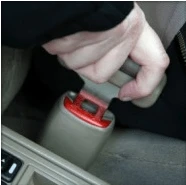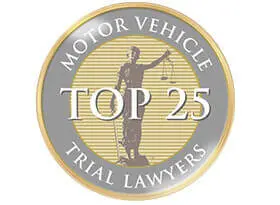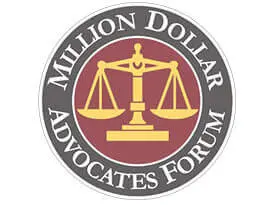
According to the National Highway Traffic Safety Administration (NHTSA), “Drowsy driving kills. It claimed 846 lives in 2014.” The NHTSA goes on to say that it’s working with the Centers for Disease Control and Prevention to help expand awareness about the dangers of drowsy driving in an effort to reduce the related injuries and deaths.
The NHTSA reports that while people can drive fatigued anytime day or night, “drowsy-driving crashes most frequently occur between midnight and 6 a.m., or in the late-afternoon – both times when there are dips in your circadian rhythm (the internal human body clock that regulates sleep,” says the NHTSA).
How Do I Avoid Drowsy Driving?
We get it – it’s not always easy to avoid drowsy driving, especially if you’re an adult with a job and family responsibilities. For example, you could be a mother or father who stayed up all night with a sick child, but that doesn’t mean you can call in sick to work the next day. With three-hours’ sleep, you make the 30-minute commute to work and back, exhausted.
In fact, parents of young children (or teenagers) are often some of the most sleep-deprived drivers on the roads! But unfortunately, parents don’t always have the luxury of taking a nap or taking a day off when they’re tired from lack of sleep.
While we can’t control everything in our lives, like a teething toddler, or a new puppy who keeps us up at night, what can we do to reduce the risk of driving while fatigued? Here are some suggestions from the NHTSA and us:
- Aim for 7 to 8 hours of sleep each night. If you have to, go to bed earlier.
- Before you take a long family road trip, get a good night’s sleep. This way, you won’t put your family or other motorists at risk.
- Do not drink alcohol before driving. Alcohol not only causes impairment by itself, but it enhances fatigue.
- If you’re on medications, such as sleeping pills, muscle relaxers, or pain relievers that cause drowsiness, don’t drive. Instead, wait for the effects to wear off or take public transportation.
- If possible, avoid driving between midnight and 6 a.m.
- If you do drive late at night, be aware of any feelings of drowsiness. If you need coffee, an energy drink, or cold air to stay awake, it’s time to find a place to sleep.
Were you hit by a driver who fell asleep at the wheel? To file a personal injury claim for compensation, contact us for a consultation with a Kennesaw auto accident lawyer!









